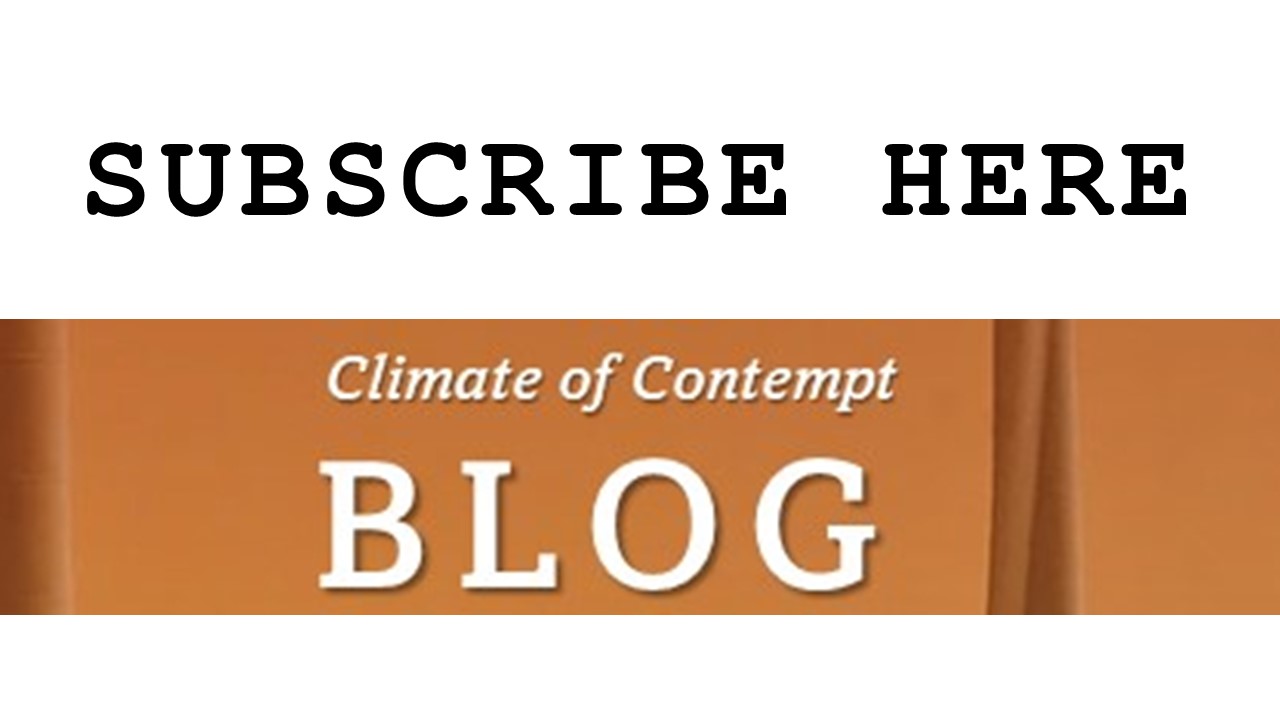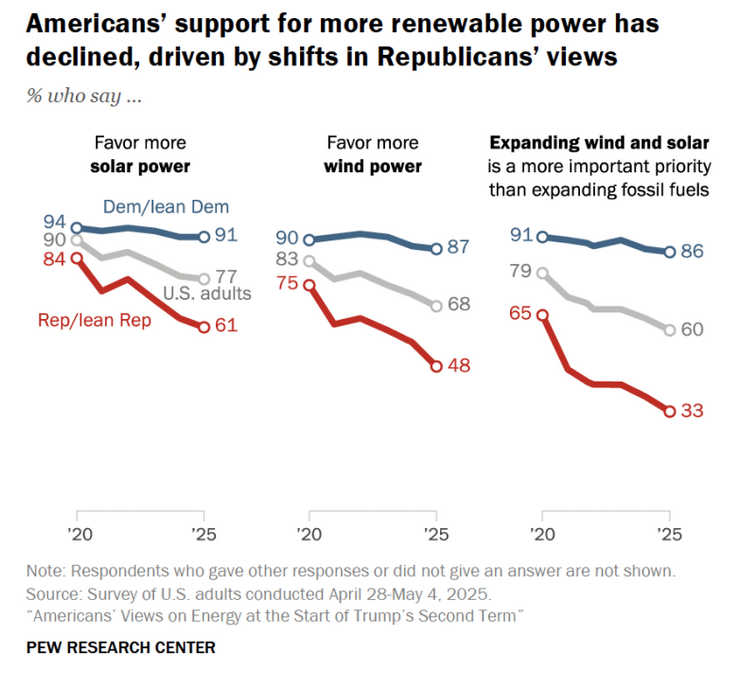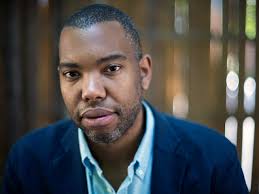National climate policy is in the hands of a GOP that has turned against the clean energy transition. Therefore, and for now at least, creating a stronger national climate policy requires putting more Democrats in Congress. Doing that, in turn, requires understanding why voters in swing districts are choosing the MAGA GOP over the Democratic Party. And doing that requires listening and responding to concerns or questions that you may consider wrongheaded.
What better time to start than Thanksgiving! 🙂
Let’s put aside the proverbial “crazy uncle” for a moment and recognize that there are lots of reasons why voters vote GOP. Some may disbelieve climate science, or other parts of the case for stronger climate policy. But others explain their votes as a reaction to other things they associate with the Democratic Party, like “permissive” policies on crime or immigration, or progressive or “woke” language norms such as alternative pronouns or the definition of a “woman,” etc. All of these views represent headwinds for the Democratic Party in purple districts, and so for the energy transition.
What can we each do about that? We can listen to our Republican friends and family, and discuss their concerns with them — not because all ideas have equal merit, but because all adult citizens get a vote. That idea sounds obvious, but not everyone on the left agrees with it. So this post will discuss why we ought to engage each other across the partisan divide; tomorrow’s post will explore how to do that. MTIA: Make Thanksgiving Interesting Again.
Who Doesn’t Want to Engage Swing Voters?
The case against engaging opposition voters seems to be based on some combination of two objections. One is that people who hold views that offend you cannot or should not be reasoned with, because trying to understand their views respects that which is not respectable. The other objection is that if you try to understand your adversary, you risk introducing moral ambiguity into the thinking of “your side,” which may sap its energy or willingness to fight.[1]
Perhaps the clearest expression of the first objection comes from the writer Ta-Nehisi Coates. In discussing both racial segregation and the brutal Israeli oppression of Palestinians, Coates said, “There are things in this world that I see that I just don’t want to hear the justification for. That I just don’t think can be justified.”[2] The writer Jonathan Chait quotes a similar sentiment, from an attendee at a recent progressive political strategy conference: “Conventional wisdom says to meet people where they are. But on most issues, where they are is unacceptable.”[3]
The second objection — that understanding the adversary saps movement momentum — is one I acknowledged in Climate of Contempt this way: “Once a movement feels like war, in particular a righteous one, critical questioning of group orthodoxy seems disloyal; it can diminish the enthusiasm of those for whom moral certainty motivates them to sacrifice their time, energy or money to the cause.” This is a tension between activism and deep understanding, one that scholars and philosophers have long understood.[4] Activists who sense this tension may resist opportunities to develop that deeper understanding.
But both objections rely on a false dichotomy. One can understand the reason for objectionable behavior without empathizing with it or approving of it. Some people find this difficult, but deep understanding of opposing views is important because we might be missing something significant about the issue in question: not necessarily something that changes our ethical evaluation of the behavior, but something that might change how we respond to it? And in today’s ideologically insulated communities people are pushed to conclude that our adversaries (or their ideas) are evil or irredeemable much too quickly, based on incomplete information.
Naming and Shaming
My book explains why the sort of naming and shaming that used to push social movements forward doesn’t work as well any more. And chapter 4 contains many examples hyperbolic nastiness among climate policy’s online combatants, much of it based on errors big and small. But climate hyperbole pales in comparison with culture war hyperbole. And right wing media makes sure its readers and viewers hear the most judgy and censorious hyperbole from the left; just as left wing media highlights the most ignorant or bigoted behavior from the right. Little wonder that each side caricatures the other
To get a flavor for this, consider CBS’ appointment last month of Bari Weiss as head of CBS News. The journalist Caitlin Flanagan and comedian John Oliver each covered the news, but in diametrically-opposing ways. Flanagan wrote a generally complimentary piece about Weiss’ career trajectory — about her departure from the New York Times, about the news outlet she subsequently founded (The Free Press), and about her CBS appointment. Oliver’s piece presented Weiss as self-important and underqualified for the CBS position.
Weiss’ defense of Israel and critique of “woke” politics has made her unpopular on much of the ideological left. When Weiss resigned from the Times in 2020 she complained of an “illiberal” work environment that had become hostile to debate about certain progressive ideas. She posited a split between young “woke” staff and older “liberal” staff on these issues.[5] Flanagan sympathized at the time with Weiss’ self-described mission, based in part on their shared sense that a kind of progressive orthodoxy had seeped into venerable mainstream news outlets:
When I moved east and began reading the Times, the thought of doubting something it had reported was the furthest thing from my mind. Now I often have to shake the reported facts (which are almost always accurate) free from the omissions, biases, and willful imposition of narratives.[6]
For his part, Oliver powerfully (and hilariously) undermines Weiss’ presentation of herself and The Free Press as heroic liberal crusaders fighting progressive overreach. And he and his staff identify some fairly important departures from journalistic standards in her time at The Free Press.
So what accounts for these differing perspectives? It may be the ideological makeup of the social and professional communities in which Flanagan, Oliver, and Weiss exist. When Weiss was at the the New York Times, she may well have experienced what felt like ideological bias against her point of view, as Flanagan reports. And when Weiss exited that environment for an environment full of like-minded refugees from mainstream news, she may have gotten sloppy in ways that Oliver points out. And Oliver may be suspicious of Weiss’ and Flanagan’s claims of progressive overreach because he doesn’t experience or hear about it; or he may (understandably) dismiss the few incidents he hears about using “no true Scotsman” or “whataboutism/both sides” reasoning. After all, both sides do try to sanction people for their speech.
Weiss’ critique of censorious progressive overreach resonates among some liberal (as opposed to progressive) and conservative academics. Indeed, that is why many universities have adopted the so-called Chicago Principles on free speech. It also resonates with people like Jonathan Chait and Stephen Fry (discussed in this space a few weeks ago), who lament what they see as progressives’ unwillingness to debate or discuss the particulars of identity politics within left wing social justice movements. And it may explain the effectiveness of the advertisement run by the Trump campaign in 2024 that ended with the tagline: “Harris is for they/them; Donald Trump is for you.”
Polling shows that most voters are unfamiliar with (and don’t use) terms like “cisgender,” “white privilege,” “intersectionality,” “heteronormative,” etc. Dismissing those people as on the losing side of history, or morally lazy, or bigots, etc., is political suicide given electoral math. Persuading people to speak (and think) in new ways is best accomplished not by announcing new norms and insisting they be followed (on pain of social media shaming), but rather through discussion. To many people, being told how to speak feels like being told how to think, and no one likes that.
In many progressive communities, members have spent time focusing on historical injustices and the myriad ways society has sometimes marginalized various minorities, including through the use of language. Their intellectual journey took time, and eventually led some to the conclusion that changing language norms is a moral imperative. Ergo, to resist the new norms is to endorse the continuance of that pain. It is, by definition, unethical, or so the logic goes.
Right wing media has recognized that many swing voters have not taken that same intellectual journey, and so are uncomfortable with the new terminology employed by race-, gender- and sexuality-based social movements. FoxNews et al. ensure that their viewers hear about the sharpest ways in which the unfamiliar and unwitting are scolded for departures from progressive language norms.
Those viewers will hear about the obstetrics professor forced to apologize for referring to “pregnant women” in class, or the business school professor suspended for pronouncing a Chinese word that sounds similar to the so-called “n-word.” They hear about the most poorly- or insensitively-run versions of DEI training, or the boycotts and social media harassment of those who challenge the new language norms. Right wing outlets frame these incidents expertly, capitalizing on readers’ sense that “that could have been me.”
Instead of shaming those who resist cultural change, we could have face-to-face conversations in which patience and grace are shown to those who question these changing norms. By giving them rhetorical space to decide how they feel about these issues, progressives can be much more persuasive. The irony in all this is that away from the Internet, most individual members of the marginalized groups championed by these social movements have probably had exactly those sorts of patient, kinder conversations, face-to-face, with family and friends.
So don’t listen to the people who refuse to let being curious interfere with their desire to be judgmental. None of us is persuaded by a person who clearly regards us or our views with contempt. Tomorrow’s companion post will explore what productive conversations about contentious issues might look like. — David Spence
————
[1] A third rationale is the persistent and mistaken trope that progressives need not persuade existing voters because nonvoters will be inspired by progressive messaging to vote in large numbers for progressives. Since 2018 election data have shown us that mobilizing nonvoters is difficult, and when mobilized they do not tend to vote uniformly for progressives.
[2] In a different, later conversation with Ezra Klein, Coates explained that his goal is not to persuade today’s voters to vote differently. He is instead laying down a moral marker — recording his sense of what is morally right for posterity: “I’ve always felt myself as part of something larger. I have a tradition, I have ancestry, I have heritage. … I do within the time that I have in my life, whatever time I’m gifted with, and much of what I do is built on what other people did before them. Then, after that, I leave the struggle …. And then my progeny, they pick it up, and they keep it going.”
[3] Jonathan Chait, “Democrats Still Have No Idea What Went Wrong,” The Atlantic (Oct. 6, 2025).
[4] Climate of Contempt, p. 4. In the accompanying footnote I cite discussions of this tension between “activism and tolerance of pluralism” from political scientist Diana Mutz and the philosophers John Stuart Mill and Isaiah Berlin. See note 5 on p. 242.
[5] Weiss’ resignation letter distinguished between “progressive” and “liberal” ideologies, which was a distinction I hadn’t heard until after the 2016 election when I started seeing ex-Bernie Sanders staffers on Twitter using the term “liberal” disparagingly.
[6] Both Weiss and Flanagan have received online ridicule for questioning specific progressive narratives. For example, both incurred the wrath of some younger feminists by criticizing the 2018 Babe.net article charging comedian Aziz Ansari with sexual misconduct. They saw it as unreasonably uncharitable to Ansari’s side of the encounter. That criticism led a now-defunct outlet called Bitch magazine to make Flanagan its first “douchebag all star”.





